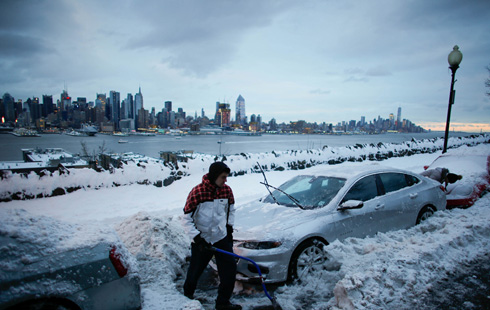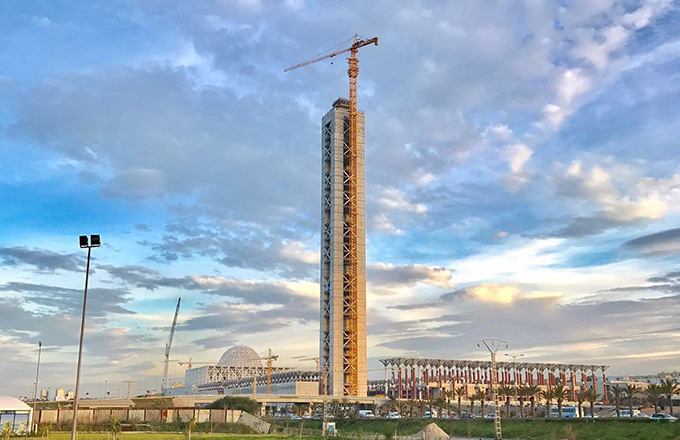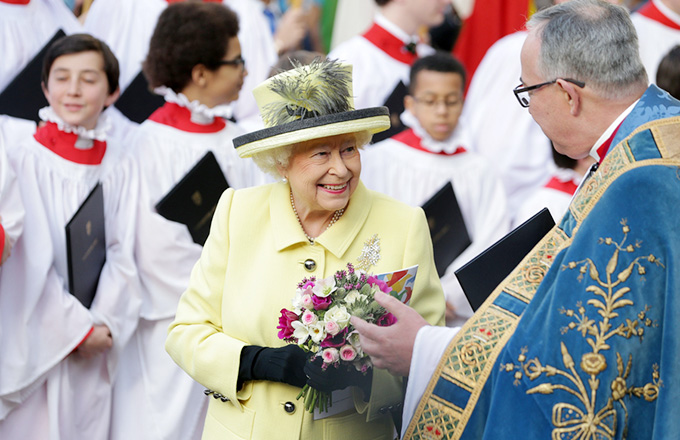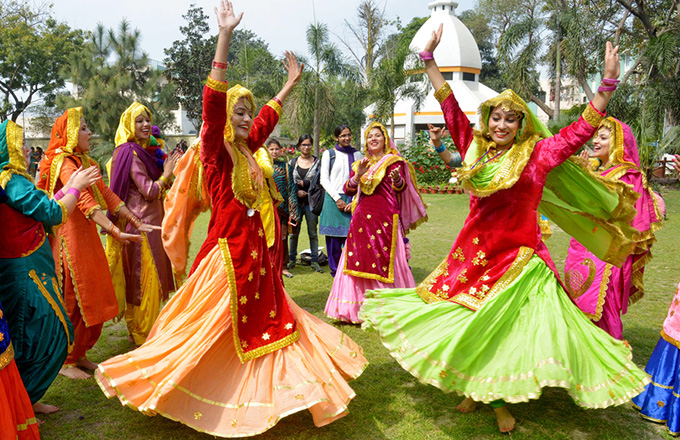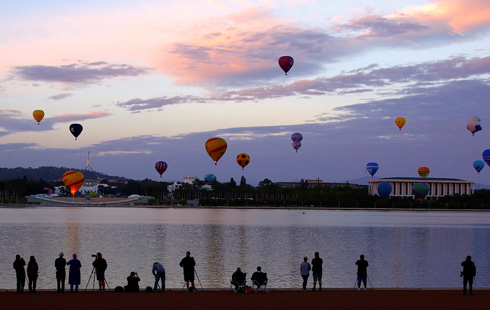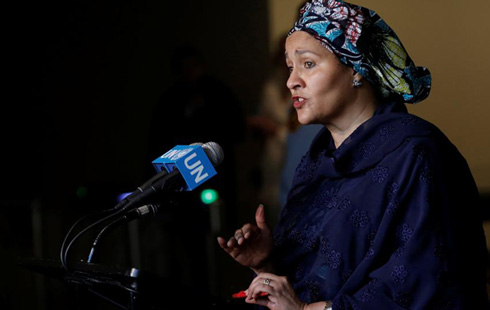Turkey sanctions the Netherlands over ministers' treatment
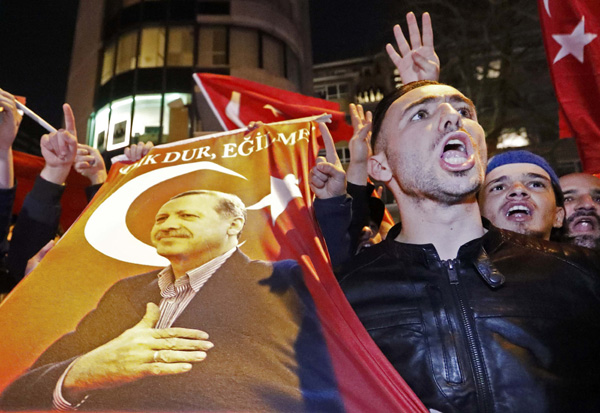 |
|
Demonstrators with banners of Turkish President Recep Tayyip Erdogan gather outsidethe Turkish consulate to welcome the Turkish Family Minister Fatma Betul Sayan Kaya, who decided to travel to Rotterdam by land after Turkish Foreign Minister Mevlut Cavusoglu's flight was barred from landing by the Dutch government, in Rotterdam, Netherlands March 11, 2017. [Photo/Agencies] |
He renewed accusations that Germany supported "terrorists" battling Turkey and that it backed the 'no' campaign in the Turkish referendum, arguing that Berlin did not want to see a strong Turkey emerge.
"Some of the European Union countries — let's not put all of them in the same sack — unfortunately cannot stomach Turkey's rise," Erdogan said. "Sadly, Germany tops the list. Germany supports terror in a cruel way."He went on to advise Turks living in Europe not to vote for parties that he described as "enemies of Turkey."NATO Secretary General Jens Stoltenberg urged all members of the alliance "to show mutual respect, to be calm and have a measured approach."The European Union also called on Turkey to "refrain from excessive statements and actions that risk further exacerbating the situation." EU spokesman Margaritis Schinas added that it was essential to avoid further escalation and find ways to calm the situation.
In the television interview, Erdogan repeated slurs against the Netherlands, saying: "their Vienna Convention is their fascism. Their Nazism. We can say neo-Nazism." He was referring to a 1961 international treaty on diplomatic relations.
Turkey is a candidate to join the European Union, although the membership negotiations have made little progress over the past decade. The country has become a vital partner in a deal with the EU to curb the passage of migrants and refugees from Turkey into Europe.
Omer Celik, Turkey's minister in charge of European Union affairs, said Monday that his country should consider reviewing the migration deal to relax controls on people reaching Europe by walking into Greece or Bulgaria.
"In my opinion the issue of the land passages should be reviewed," the state-run Anadolu Agency quoted him as saying.
The Dutch, meanwhile, issued a travel advisory to their citizens to "be alert and avoid gatherings and busy places throughout Turkey."Earlier in the day, Turkey summoned the Dutch Embassy's charge d'affaires, Daan Feddo Huisinga, to the Foreign Ministry, where a senior official handed him two formal protest notes. It's the third time the Dutch diplomat has been summoned since tensions broke out between the two countries.
The first note protested how the family minister was treated. The second note protested the treatment of Turkish citizens who gathered outside the Turkish Consulate in Rotterdam from Saturday night into Sunday morning, saying "disproportionate force" was used against "people using their right to peaceful gatherings."The deputy prime minister said the political sanctions would remain in place until the Dutch government meets conditions that were set out in the diplomatic protest notes, including apologizing and punishing authorities who mistreated Turks"Until the Netherlands takes steps to compensate for what it did, high-level relations, planned meetings, meetings between ministers or higher level meetings, high-level official talks will be suspended or delayed," Kurtulmus said.
Associated Press




